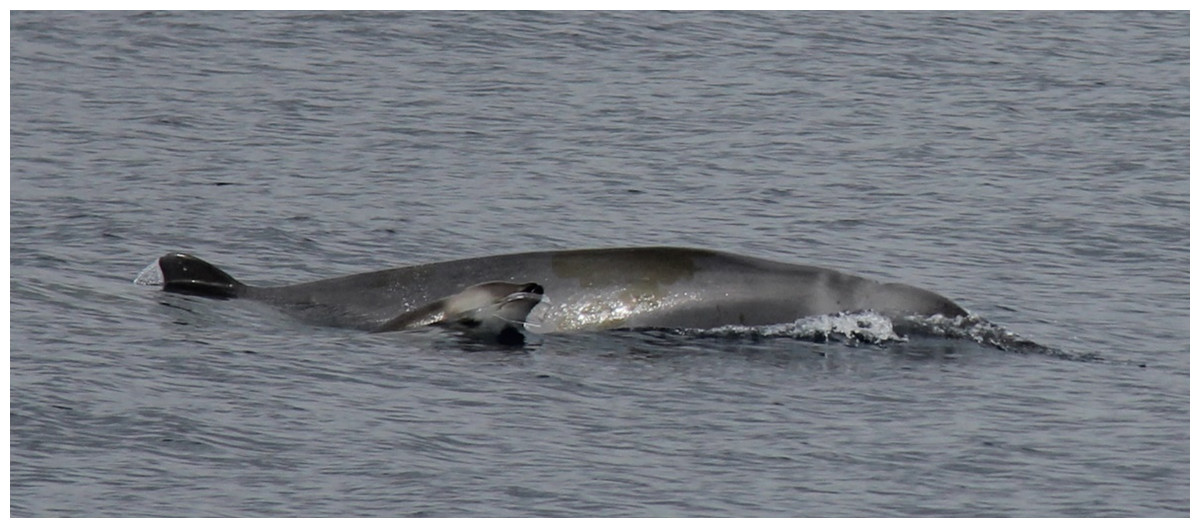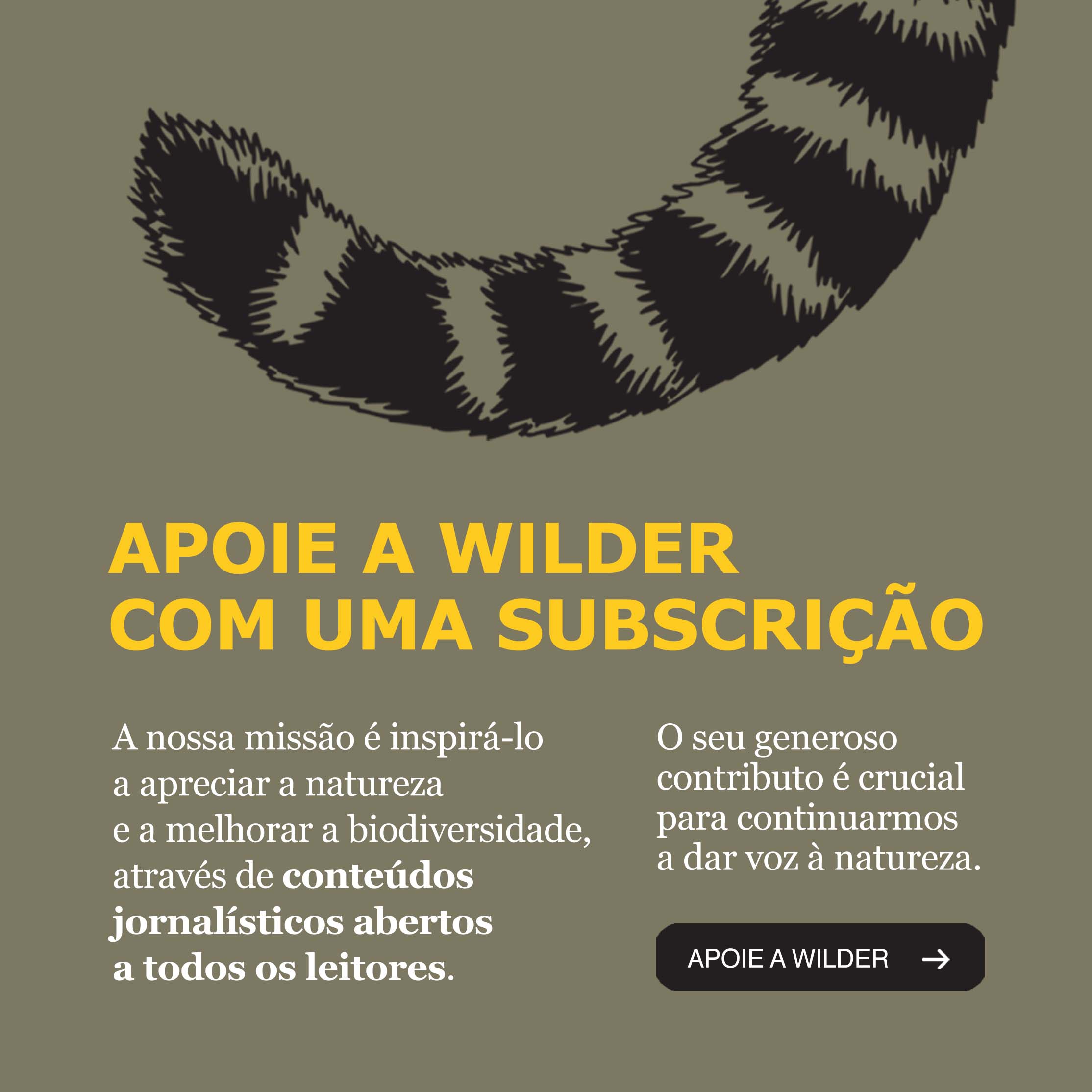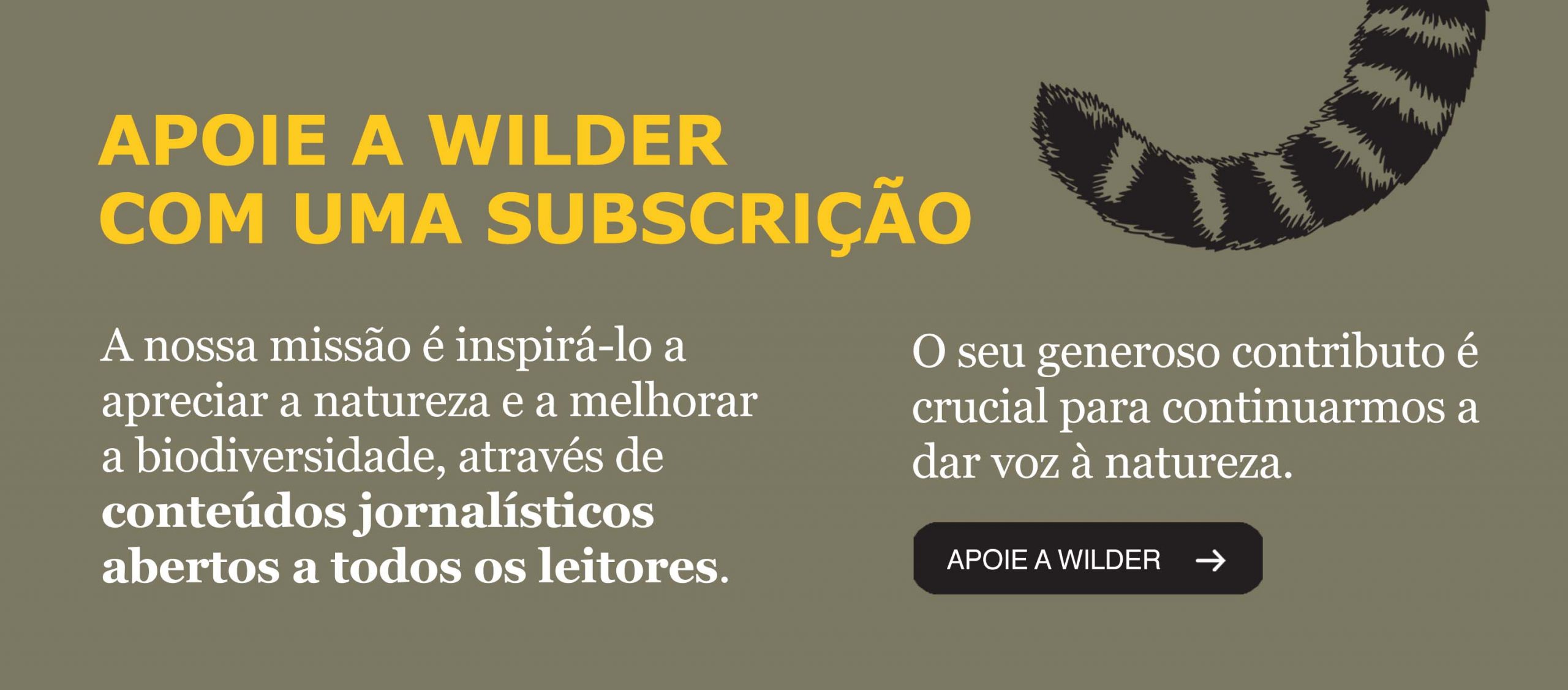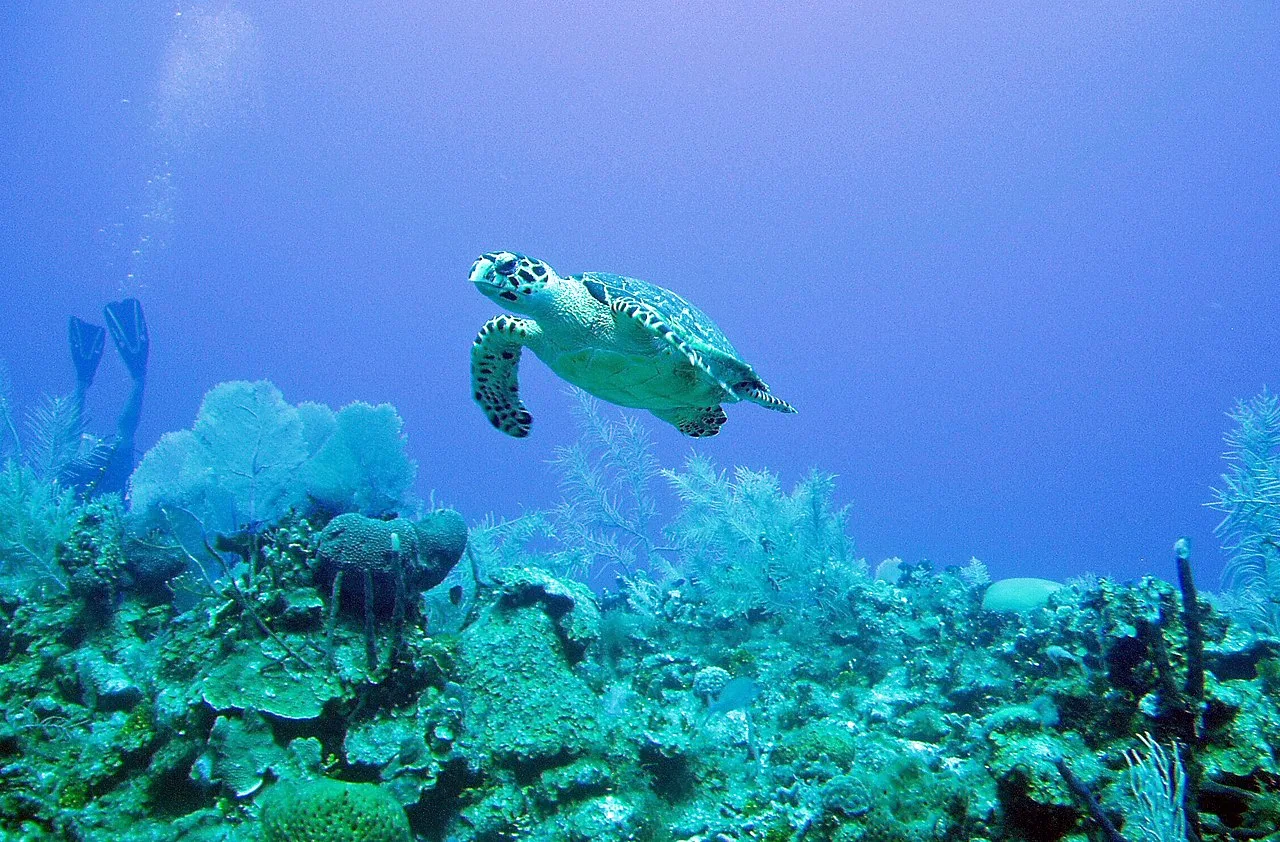True beaked whales (Mesoplodon mirus) have rarely been observed alive until now, and many scientists spend several years trying to record it without success. A group of researchers has now released the first underwater video of this cetacean, shot by chance by a group of students off the Azores.
This species of cetacean belongs to the Ziphiidae family, which includes 22 whale’s species with teeth, also known as beaked whales. Some of these are among the most poorly known mammals in the world. On the one hand, these animals spend long periods under water; on the other hand, there are species that are easily mistaken with one another and are difficult to identify at sea.
The group of scientists, including Portuguese researchers, points out that true beaked whales occurs mainly in the North Atlantic, although it is also present further south, near countries like Mozambique and Australia.
It is precisely the Azores, Madeira and Canary Islands that mark the southern limit of the presence of these cetaceans in the North Atlantic, says the study ‘True beaked whale in Macaronesia’, published in PeerJ, which describes the physical characteristics of the species based on 12 observations recorded between 1984 and 2016 – including the video now made public.
Shot near the island of Pico, the film was captured with a small underwater camera during an educational trip by a group of students of the program Master Mind, in a rubber boat. “Suddenly, three whales appeared and began to swim around the boat. Nobody recognized that kind of whale, which was swimming five meters from the boat and no one realized they were recording the first video of true beaked whales”, told Spanish newspaper El Mundo one of the authors of the study, Natacha Aguilar de Soto.

“These students were accidental witnesses to something that many researchers dedicate their life to and have never been able to see,” said the scientist, working in the universities of La Laguna in Tenerife and St. Andrews in Scotland. These three whales would be adult females or subadults because they have no teeth in the lower jaw, unlike males. They are thought to use their teeth to challenge one another. The researchers also unveiled what they consider to be the first photograph of a True beaked whale cub caught off the Azorean coast in May 2015.
“The record of several observations of this species in deep but relatively coastal waters off the Azores and the Canary Islands suggests that these archipelagos may be unique sites for the study of the behaviour of the enigmatic True beaked whale,” the authors write.
The species was first described in 1913. Despite the lack of data on this whale, it is believed to be “not uncommon in the North Atlantic,” according to the International Union for Conservation of Nature.
As for the data that the study allowed to gather about the physical characteristics of these whales, namely their coloration, Natacha Aguilar de Soto believes that they will be very useful to help distinguish animals, whether on whale strandings or sighted on high seas.
“[Identifying the True beaked whale at sea] is so difficult that there are still no estimates about the global or local population abundance of this species. If scientists are not able to recognize the species with certainty during the research, we cannot count them! “, explained the researcher in an interview with the PeerJ blog.









